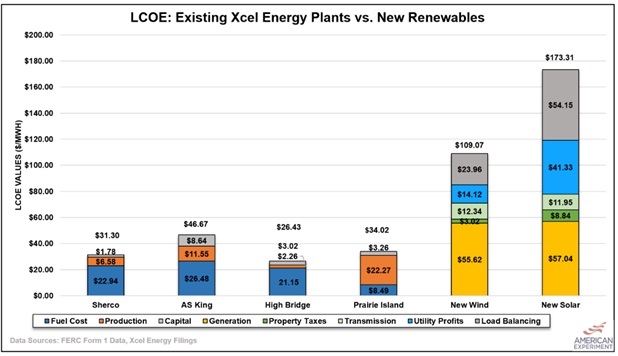Skyrocketing electricity prices drive anxiety over Europe’s climate plans
Europe’s green dreams are taking a nightmarish turn as energy prices skyrocket across the continent.
Prices are rising because of low wind speeds, soaring natural gas prices, and Europe’s cap and trade system, which increases the cost of each ton of CO2 emissions by around $70 per ton, which accounted for 20 percent of the recent price increase for energy.
Members of the European Union parliament fear that rising prices undermine support for renewable energy sources and the cap and trade system.
According to Politico, Italian electricity bills have risen by 20 percent in the last quarter. They are expected to rise by 40 percent from October, according to Minister for the Ecological Transition Roberto Cingolani.
In Spain, protestors have taken to the streets to object to rising electricity prices and the Spanish government is facing a political crisis caused by record-breaking power prices, which have tripled to $202 per megawatt-hour (MWh) over the last six months. For context, the Sherburn County (Sherco) coal plant operated by Xcel Energy generates electricity for $31.30 per MWh, according to Federal Energy Regulatory Commission (FERC) data.

Unlike Minnesota, which currently benefits from its reliable, affordable coal plants, Europe’s cap and trade system on carbon dioxide emissions makes it virtually impossible to use coal to ease pressure on tight natural gas supplies. According to the Wall Street Journal:
Electricity, gas, coal and carbon markets have a way of feeding on one another. High gas prices prompted utilities to burn more coal, so they had to buy more emissions allowances. Expensive carbon permits then prodded energy companies to turn back to gas, whose price rose again because the fuel is in short supply.
The feedback loop has the potential to ripple into the broader economy.
The spring and autumn months are usually the seasons with the lowest energy demand because it isn’t cold enough to require heating, and it isn’t hot enough to increase the use of air conditioning. This means energy will get even more expensive this winter as cold temperatures boost the need for natural gas for home heating and electricity generation.
These rising prices will be enormously unpopular, but Commission Green Deal chief Frans Timmermans said, [the Green Deal] is “gonna be bloody hard, and nobody should have any illusions that this is going to be easy.”
This is a huge admission because politicians in the United States claim that switching to unreliable energy sources like wind turbines and solar panels will actually save people money. However, the experience of every state and nation that has attempted to do so is just the opposite.